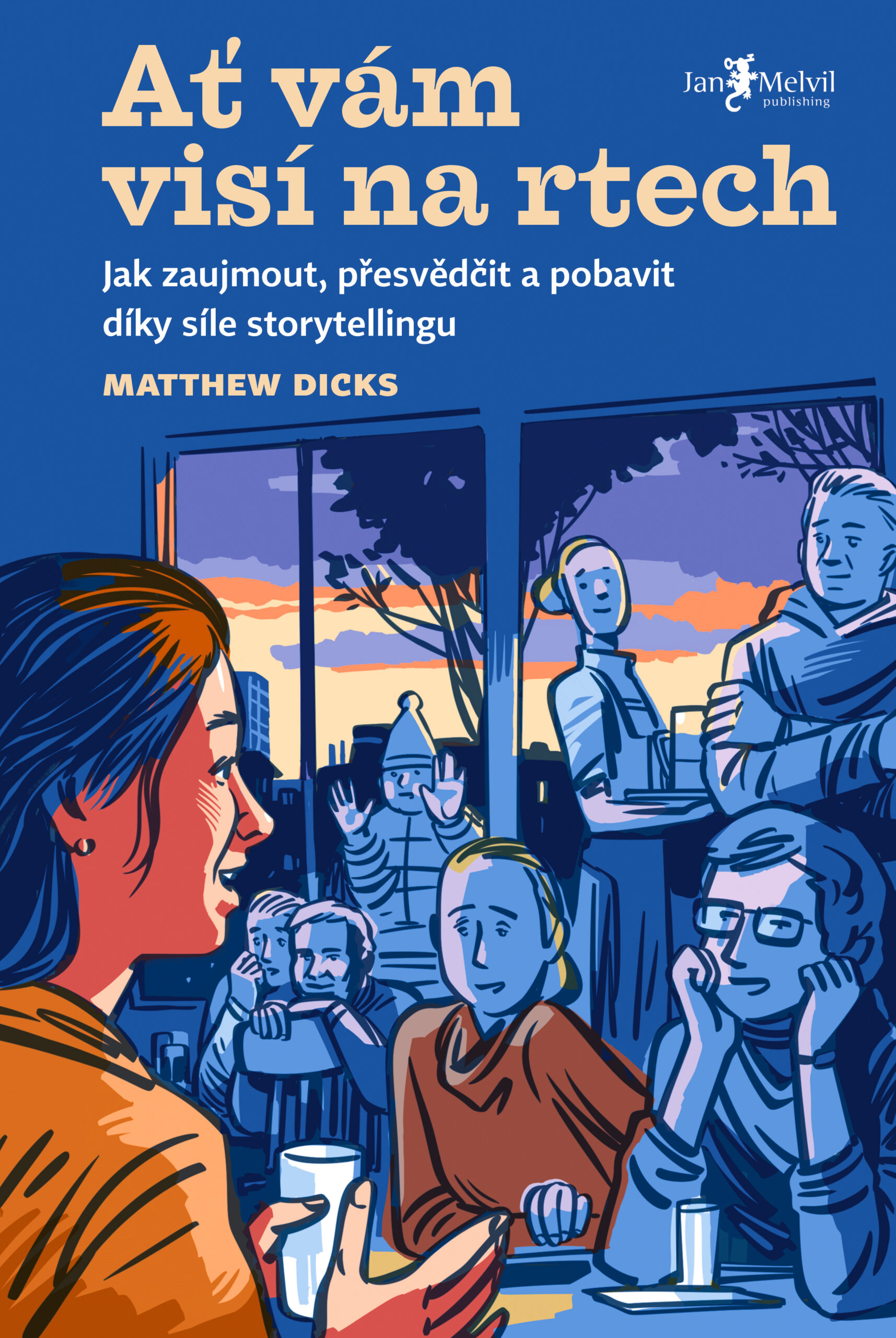Here was the craziest thing about my not-so-recent colonoscopy:
I could not stay awake, even before they put me to sleep.
After climbing onto the gurney and being covered by a warm blanket, I was left alone for about ten minutes. When the nurse arrived to administer an IV and ask lots of questions, I was asleep.
She awoke me, and we proceeded.
When she left, I was alone for another ten minutes. When the anesthesiologist arrived to review my medical history, I was asleep again. He had to wake me up before proceeding.
When he left, I was alone for an uncertain amount of time – 20-30 minutes, I think – before the nurse arrived to roll me into the room where the procedure would take place.
She found me asleep. She awoke me, and we were off.
In the room where the procedure was to take place, I fell asleep again. A nurse had to awaken me so she could put me back to sleep. She commented that she never had to awaken a patient before administering the medicine that would put the patient back to sleep.
“You really like to sleep,” one of the nurses said. “Huh?”
“No,” I said. “I actually hate sleep.”
Determined to spend as little time in bed as humanly possible, I have spent years training my body and mind to fall asleep in bed almost instantly. I do this at home. I do this in hotels. I do this almost anywhere when I want to take a ten minute nap, which is often.
And I can apparently do this just as easily while prepping for a colonoscopy.
Climb into bed, close my eyes, and within a minute, I am almost always fast asleep.
I accomplish this in two ways:
- Rigorous adherence to strategies that promote sleep
- Meditation
Some of the strategies that promote sleep include:
- Never watching TV or screens of any kind in bed
- Never reading in bed
- Avoiding food three hours before bed
- Maintaining relatively consistent sleep times, regardless of the day or time of year
- Playing white noise as I sleep
- Recognizing where I hold my tension (my jaw and hands) and releasing that tension as soon as I lie down
- Never using a snooze alarm after awakening
Daily exercise is also enormously helpful when it comes to sleep.
All of these strategies and more – discussed in my new book Someday Is Today (available wherever you get books) and approved of by scientists who study sleep – have helped me teach my body and mind that the bed is only for sleeping, so once I am lying down, I can fall asleep almost instantly.
Elysha can attest:
After placing my head upon the pillow, I am almost always asleep within a minute or two.
Even better, I often wake up without an alarm. By keeping my sleep time consistent, my mind and body naturally awakens around the same time every day, which is the absolute best way to start your day:
Not with the jolt of an alarm and an unnatural snapping of the sleep cycle but naturally via the chemicals that your brain releases, telling you to open your eyes.
Meditation came much later, but it has helped by teaching me to empty my mind completely. All thoughts, worries, and nagging concerns are wiped clean very easily after years of practice, allowing me to drift off without any stray thoughts slowing me down.
As a result, I fall asleep if I’m lying down in a bed. It’s almost unavoidable. I can also fall asleep in almost any location, in almost any position, in less than a minute. Five minute naps in the middle of my day are not uncommon for me and are incredibly refreshing. I put my head down on my desk, empty my mind, and I’m almost immediately asleep.
When I awaken five or ten minutes later, I feel great.
All that said, I really do hate to sleep. I loathe my body’s need for it. I’m almost never tired when I climb into bed at night, and I’m often angry about the necessary interruption to my day.
But if I can’t avoid sleep, I can at least attempt to master it. Reduce the amount of time spent in bed by sleeping as efficiently as possible. Making the most of every minute lying prone in bed rather than spending that time tossing, turning, waking up throughout the night, or not being able to fall asleep quickly.
It’s true that I sleep less than most people. Five to six hours a night is normal, but I can sleep also a lot less if I’m performing in New York or spending a night in Foxboro at a football game.
But the difference is that I spend almost every minute of my 5-6 hours sleeping. While many people claim to need 7, 8, or 9 hours of sleep to feel refreshed, I often find after asking a few questions that some almost never spend 7, 8, or 9 hours asleep.
They are instead referring to time spent in bed. Not time spent actually asleep.
If you try to maximize your actual sleep, you may find yourself spending less time in bed but feeling even more refreshed.
My persistent sleepwalking is admittedly less than ideal, but this problem has plagued me since childhood and doesn’t seem to be going away anytime soon. I often awaken in places other than my bed, but even though I may be eating a bowel of cereal, engaged in a conversation with Elysha, getting dressed for work, or sitting on the couch, watching a blank TV screen, my mind is still asleep, getting the rest it needs, even if some other part of my brain is running my body ragged.
But other than these occasional nocturnal adventures, sleep is something I can do with ease.
Even in the midst of a colonoscopy prep.
Even just before I will be put to sleep for a medical procedure.
This is not to imply that sleeping is simple for everyone. Some people suffer from significant struggles with sleep. But I work with many people on improving the quality and productivity of their day, and one of my first suggestions is to improve the quality of their sleep.
Better sleep might mean less time in bed and more time for yourself.
They often agree with the concept, yet they continue to watch television in bed, play games and watch videos on their phone while in bed, read in bed, and do things like sleep later on the weekends and eat just before bed.
All of this is terrible for sleep. Enormous impediments to quality sleep, the ability to take naps during the day, and a reduction of time spent in bed.
They want to improve the quality of their sleep, but they don’t want to do the things required to improve the quality of their sleep.
As with all things, the how is easy, but the want often gets in the way.







